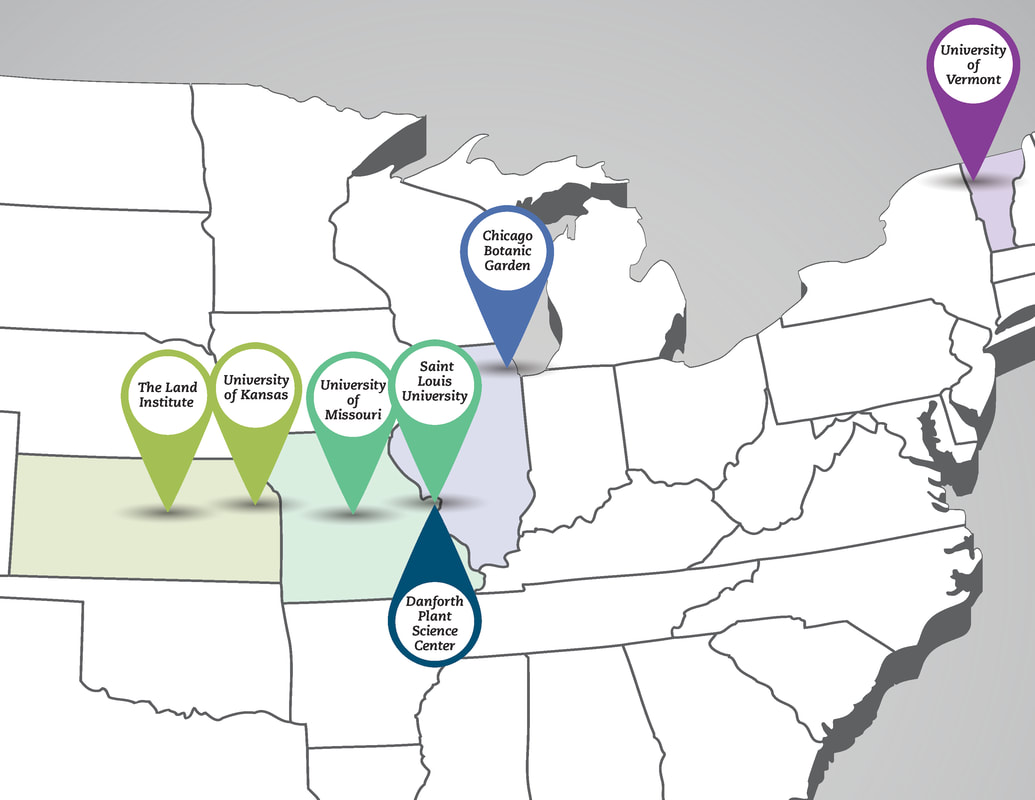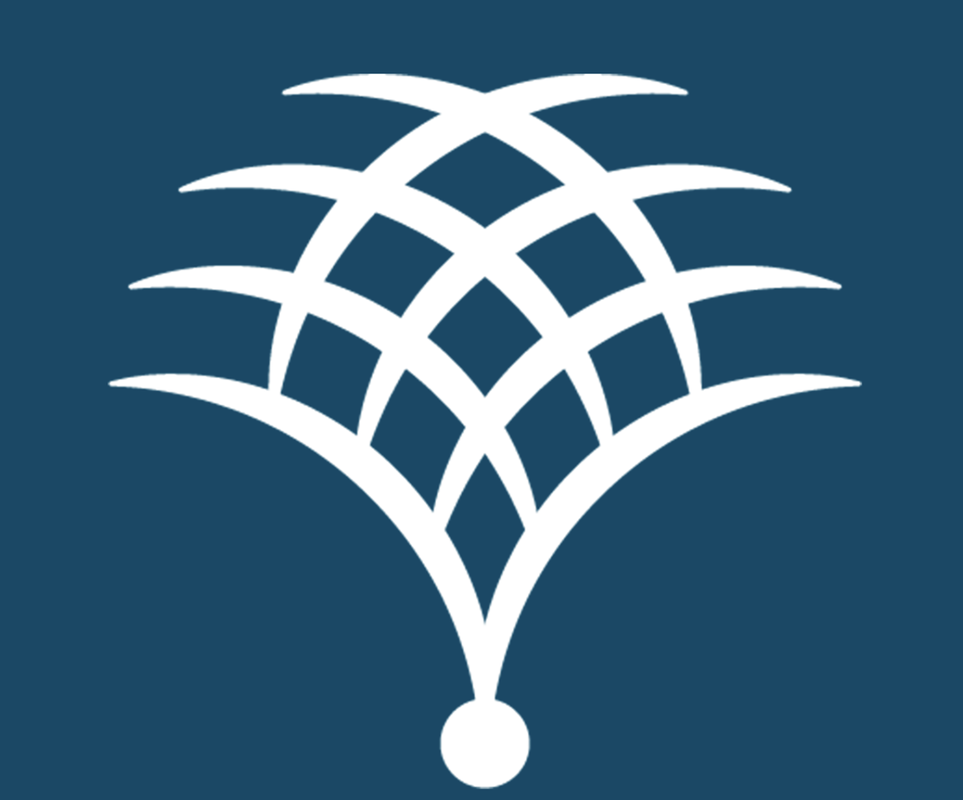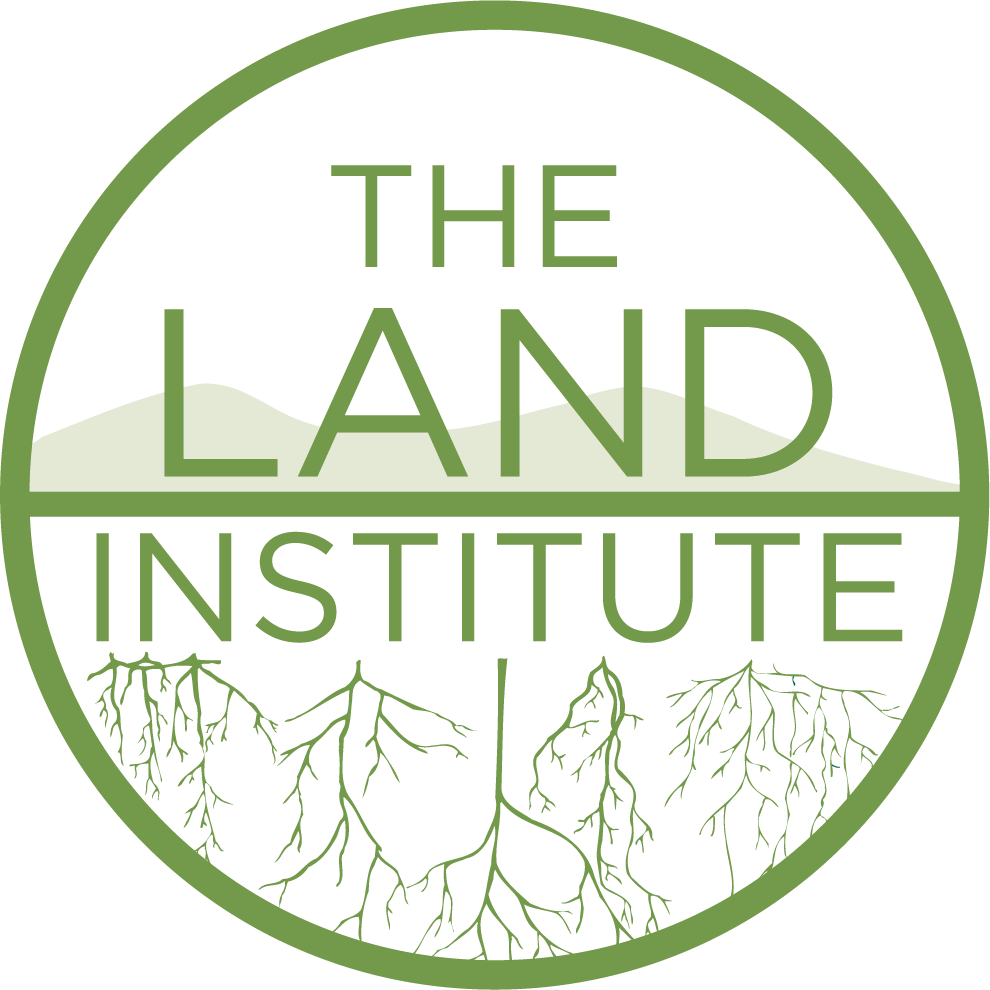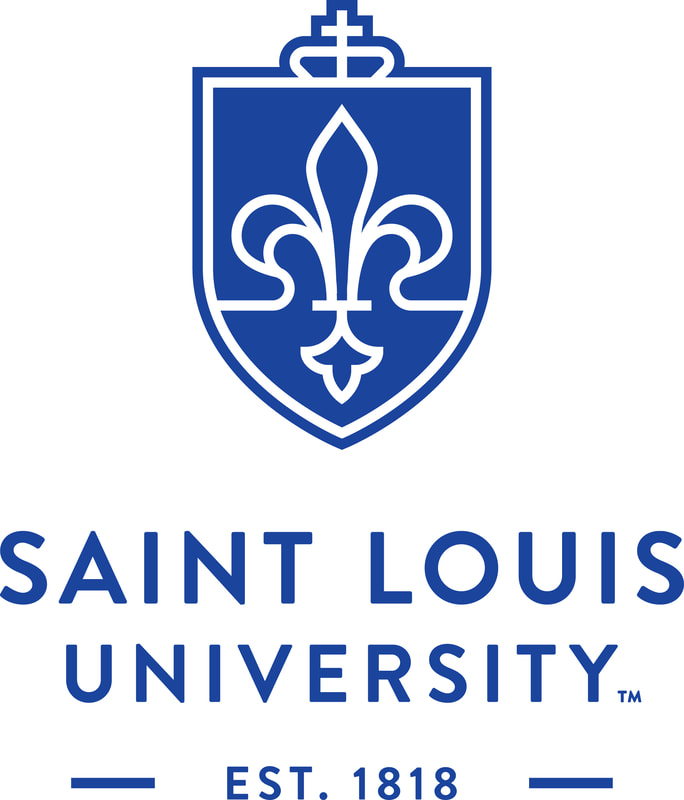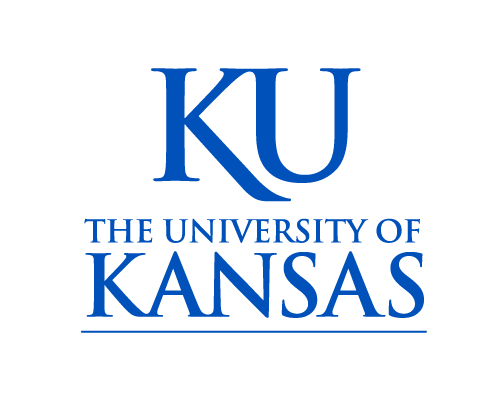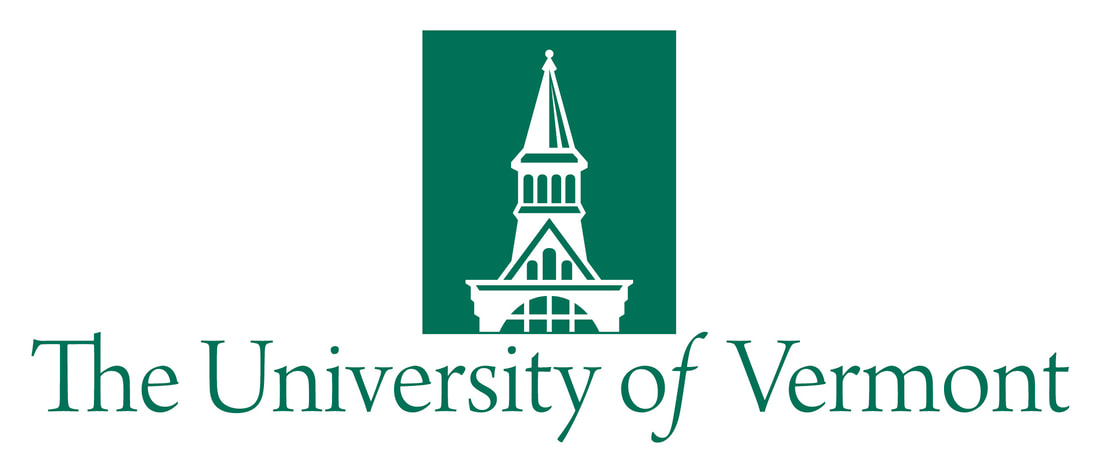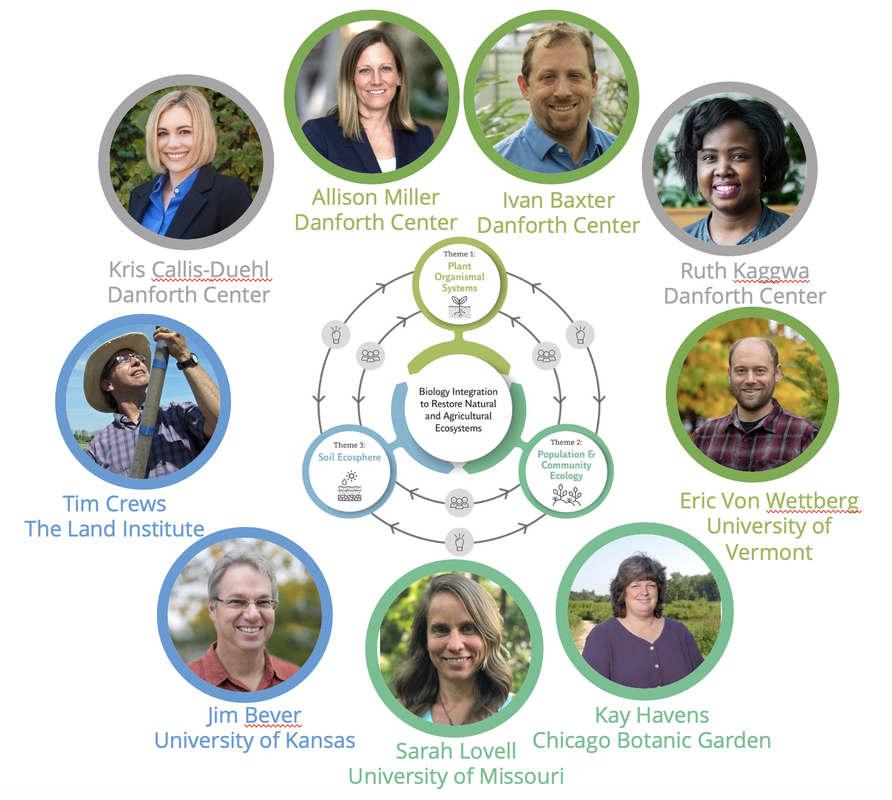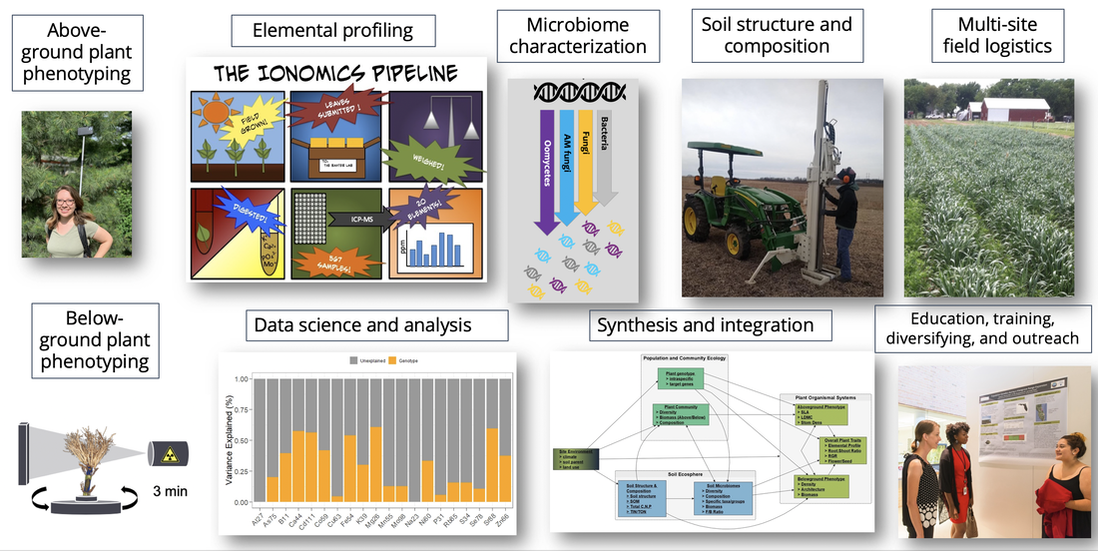Partnering Institutions
|
Although the global challenges of soil loss and habitat degradation have been known for over 100 years, traditional silos in basic and applied research have impeded progress in reversing negative trends. The New Roots for Restoration Biology Integration Institute engages researchers from disparate disciplines (agro-ecology, community ecology, computer science, genetics, plant biology, restoration, soil microbial ecology, soil science), research contexts (natural and agricultural systems), and organizations (non-profit research institutes, universities, and botanical gardens).
The institutional partners in the New Roots for Restoration BII are: Chicago Botanic Garden, Donald Danforth Plant Science Center, The Land Institute, Missouri Botanical Garden, Saint Louis Science Center, Saint Louis University, University of Kansas, University of Missouri, and the University of Vermont. |
Leadership Team
|
The Director of the New Roots for Restoration Biology Integration Institute is Allison Miller. Allison is a Member and Principal Investigator at the Danforth Plant Science Center, a Professor in the Department of Biology at Saint Louis University, and a Research Associate at the Missouri Botanical Garden.
Executive team members represent participating institutions, the three disciplinary areas (plant organismal systems, population and community ecology, soil ecosphere), natural and agricultural systems, and the education and diversifying team. Four members of the executive team are based at the Danforth Center: plant organismal biologists Allison Miller and Ivan Baxter, and Education/Outreach leads Kris Callis-Duehl and Ruth Kaggwa. Plant evolutionary geneticist Eric Von Wettberg represents the University of Vermont. For Population and Community Ecology, Kay Havens from the Chicago Botanic Garden leads restoration ecology of natural areas, and Sara Lovell from the University of Missouri represents agro-ecology. The Soil Ecosphere theme is led by soil microbial ecologist Jim Bever from the University of Kansas and Tim Crews from The Land Institute who heads up the abiotic soil work. |
Our project management structure is designed to foster a culture that values diversity, equity, and inclusion by promoting accountability, collaboration, collegiality, and respect, in tandem with high ethical and scientific standards.
Team members
An integral part of our mission and vision is diversifying our Institute, our respective fields, and the teams working toward restoration in natural and agricultural systems.
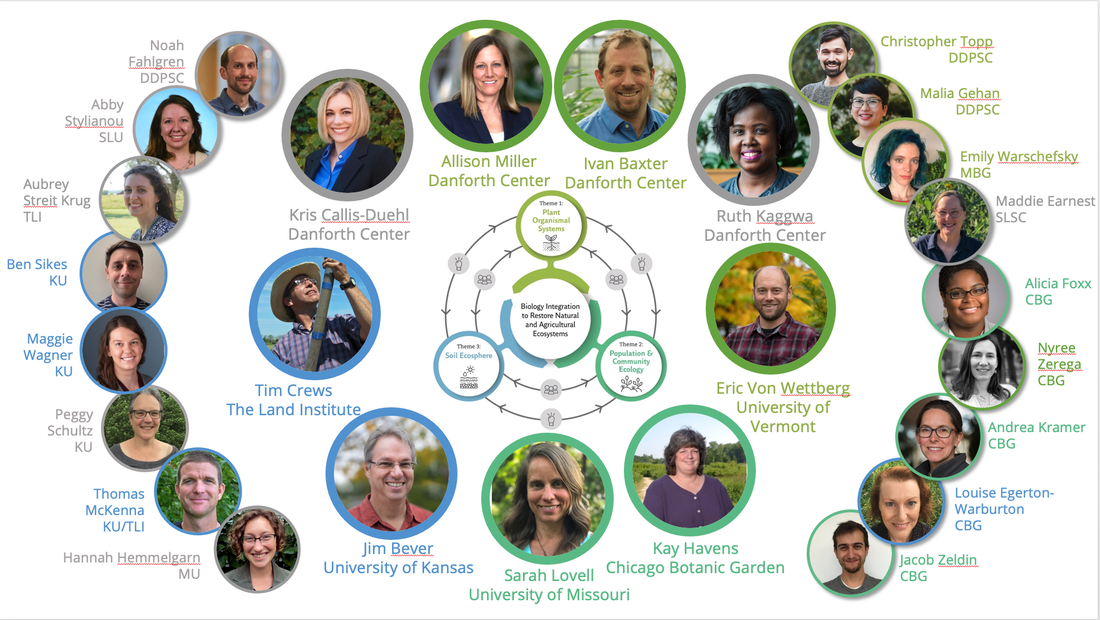
Advisory Board
Coming soon!
Expertise Cores
To support scientific activities and training, the Institute establishes nine expertise cores based at different institutions. Each core has a leader, team members and trainees, and will meet monthly to review protocols, advances, and efficacy of applications in research activities.
